Part II – Communication at the community level: A shared narrative for a better future
Over the past decade, there has been a surge of interest for the African narrative. From the ‘hopeless continent’ to the ‘Africa rising’ narrative, the new African generation is paying more attention to the way the African continent is being portrayed abroad. This is important to them because the African narrative directly relates to their identity. So young Africans across the global are getting tired to see the overwhelmingly patronizing and negative narrative about Africa and they want to transform Africa’s story into a story of prosperity and greatness.
However, when talking about the African narrative, the focus is often on what others, mainly international media and entertainment industry, say about Africa rather than what Africans say and believe about themselves.
What I realized by working on two separate Ebola outbreaks in two completely different settings although in the same country is that the story we are telling yourself is way more important in defining our future than the story told about us by outsiders.
This is true at the individual level but also at the community and country level. Ebola is first and foremost a social disease that is spread through common social interactions in the community such as greeting each other, caring for the sick or attending funerals. That is the reason community ownership and engagement is the most important pillar of the Ebola response. In order to act, affected communities need to understand the threat they are facing and the specific actions they must take to protect themselves.
Thus, community engagement can be seen as a continuum from informing affected communities through to active participation of community members. What could explain that some communities would quickly feel in charge of their fate while others don’t? I believe their behavior is the direct result of the prevailing shared narrative in the community.
The role of community leaders is essential in that respect. They set the tone of the community narrative that will spur the collective action during the crisis. Therefore, the role of community leaders and influencers goes way beyond repeating awareness messages to their community. Their words and the way they frame the crisis will determine the community’s future. When facing a deadly disease like Ebola, this collective narrative becomes a matter of life or death and every person considered to be a leader or influencer in the community must use their words responsibly and wisely.
From my own experience, I find it interesting to compare community reactions to the two Ebola outbreaks we faced in two opposite regions of the country the same year. The first outbreak started in May 2018 in the Equateur province, in the North-Western side of the country. The transmission of the virus in the community was stopped in just one month. The second outbreak started in August 2018 in North-Kivu, in the North-Eastern side of DRC, and is still ongoing.
In Equateur, local communities quickly took ownership of the response. Through their interventions, community leaders would reinforce a positive narrative of the community being responsible for the success of the Ebola response. We had very few instances of community leaders deliberately spreading misinformation about the disease and response activities. Of course, the fact that the outbreak occurred in a peaceful, rural area with low population density and poor road networks also made it much easier for Ebola responders to contain the spread of the virus.
What happened in North-Kivu was quite unusual. Due to years of unresolved conflicts in the region, the prevailing narrative in the community is that neighboring countries of DRC, with the consent of Congolese authorities, are behind the killings and abductions in order to take over the land and mineral resources of the country. Despite this widely shared belief, the initial reaction of the community was positive in the sense that people were looking for more information about how to protect themselves. People even started to wear gloves and medical face masks in the street.
That trend changed when local politicians and other influencers questioned the existence of the virus and reinforced the strong victimization narrative in order to boost their popularity during the election campaign. In that narrative, the government and the international community are responsible for bringing Ebola to North-Kivu to further the extermination plan of the population in Eastern Congo. The consequences of such careless use of their voice and influence were dramatic: Ebola responders got beaten up and killed, Ebola Treatment Centers were set on fire, affected families fled instead of looking for care, etc.
This experience is just one example of how important the stories we are telling ourselves are. The power of storytelling goes beyond health or humanitarian crises. It touches upon the very existence of all nations and civilizations. Every nation that went through a deep transformation has had at least one leader who changed the trajectory of that nation’s history with a powerful speech. These speeches are the cornerstone of the common narrative for these nations.
Of course, the transformation of African countries will not only happen thanks to great speeches. It obviously requires extensive economic, political and social reforms. But these reforms are meaningless if there is no long-term and sustainable change in citizens’ behavior. This is where storytelling comes into play. By creating compelling stories about these reforms and their objectives, governments can create a vision of the future that will change the way people act in the present.
A perfect example of that is the Ghana beyond Aid charter. Beyond the policy changes that would lead to an economically independent and prosperous country, this national strategy aims at transforming the shared narrative and attitudes of Ghanaians. It’s about ending this mentality of dependence and adopt a ‘can do’ spirit fueled by love for the country.
As the late BBC journalist Komla Dumor once said about reclaiming the African narrative: “It’s not so much what the international media has to say about you, it is what you say about yourself.” This should be our focus and priority as African and Africa-focused communication professionals.
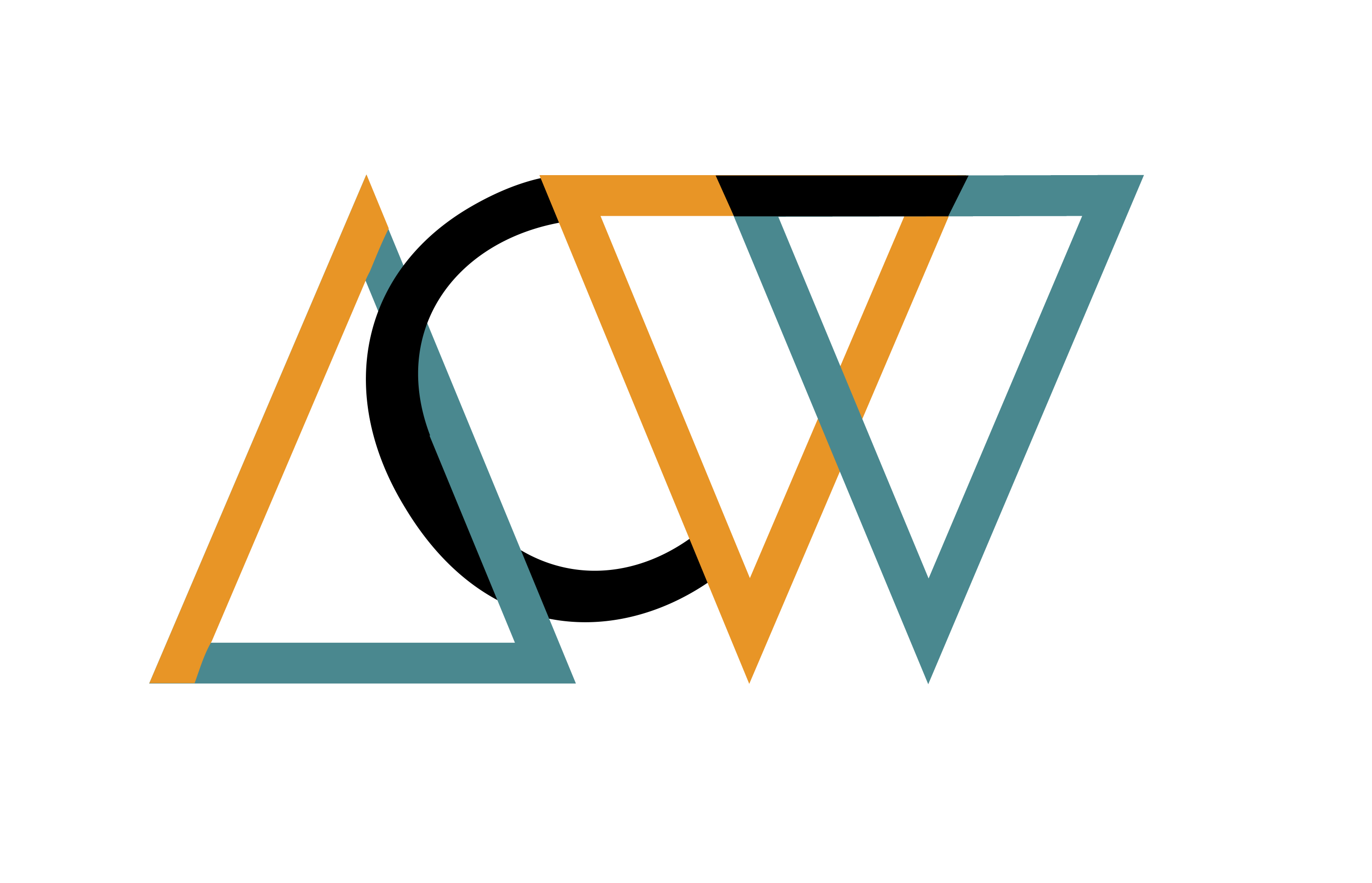

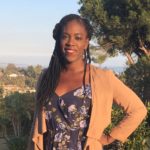
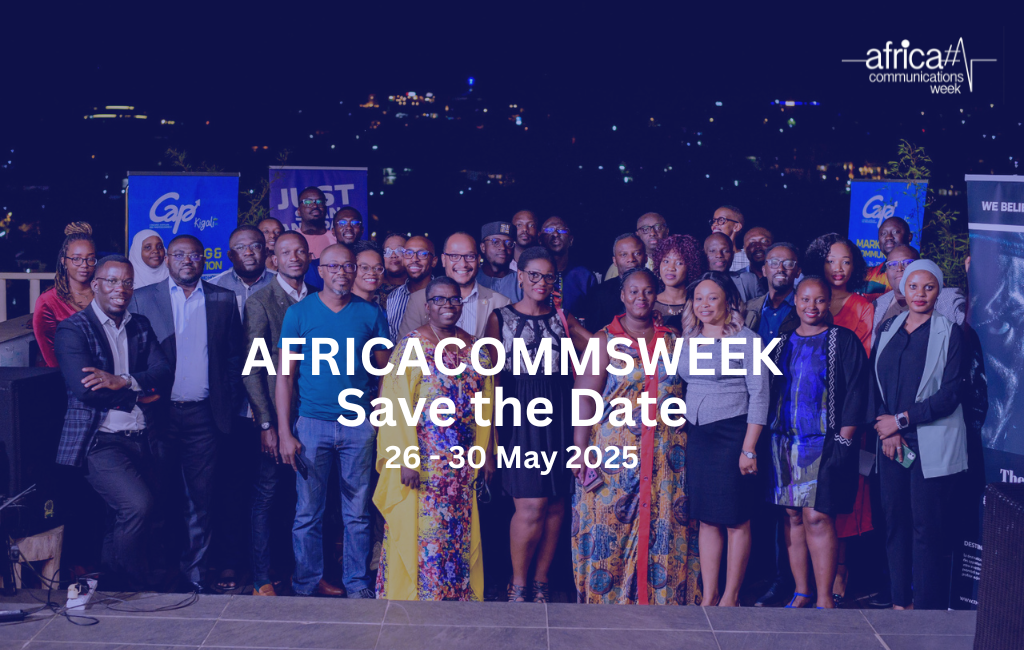
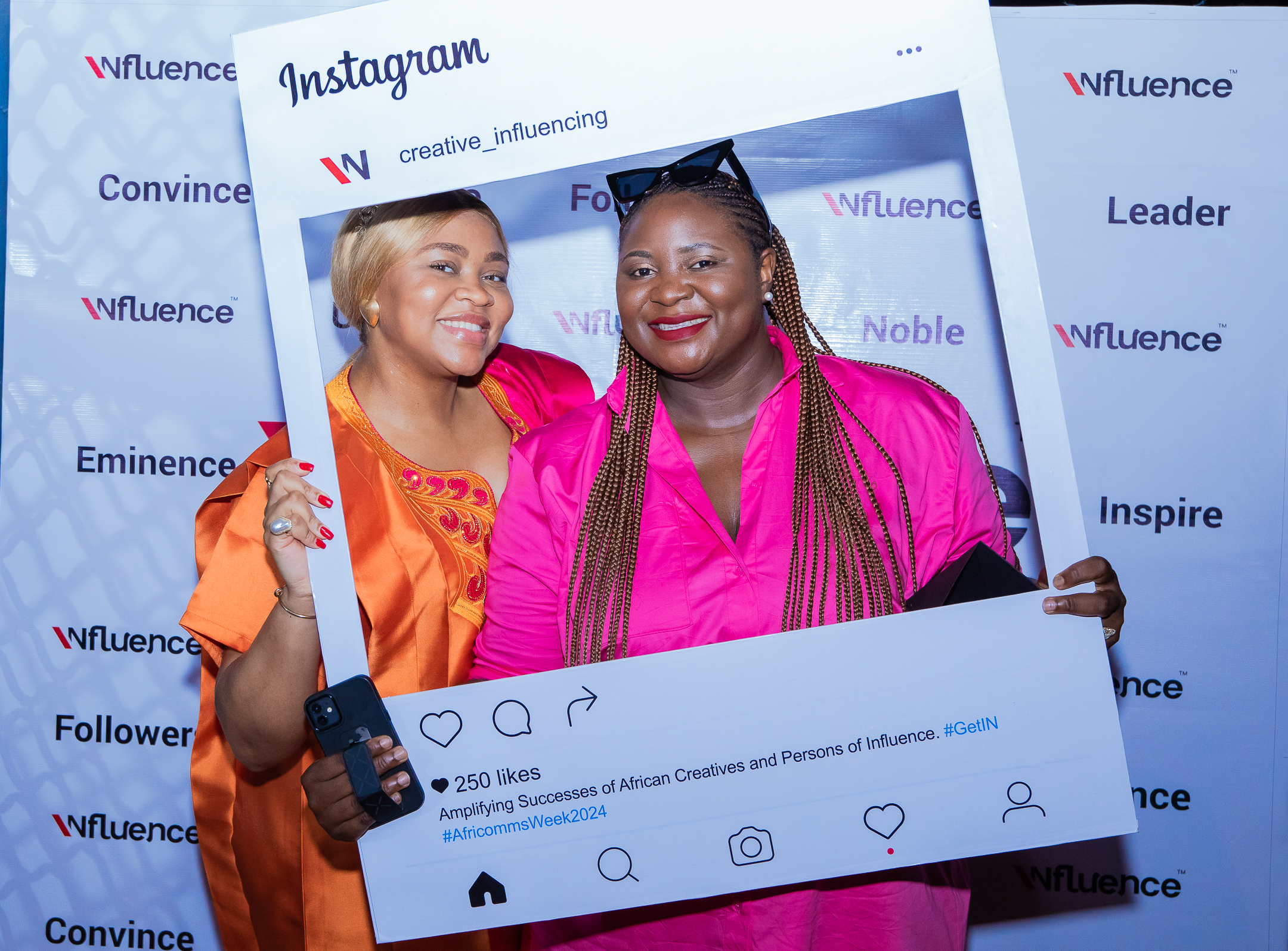
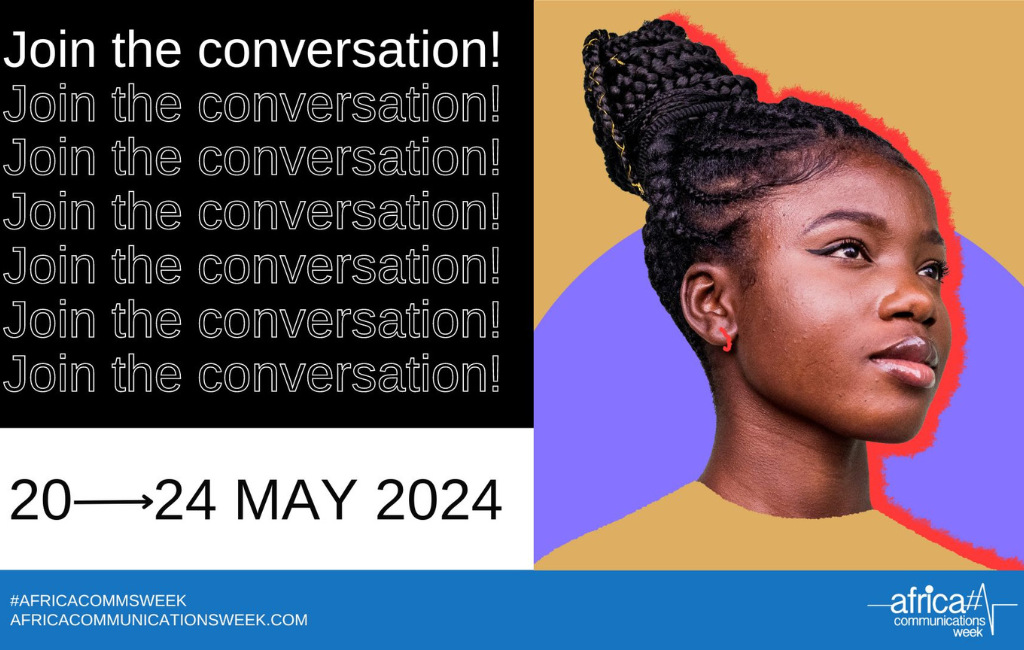
0 Comments